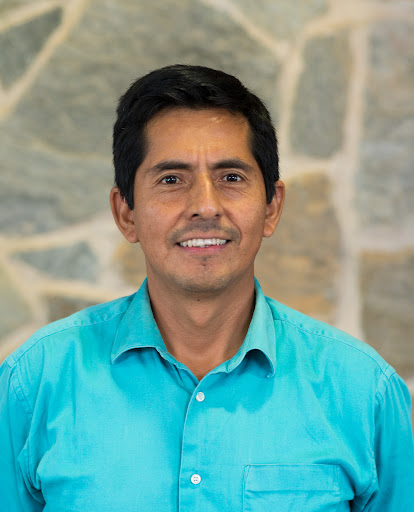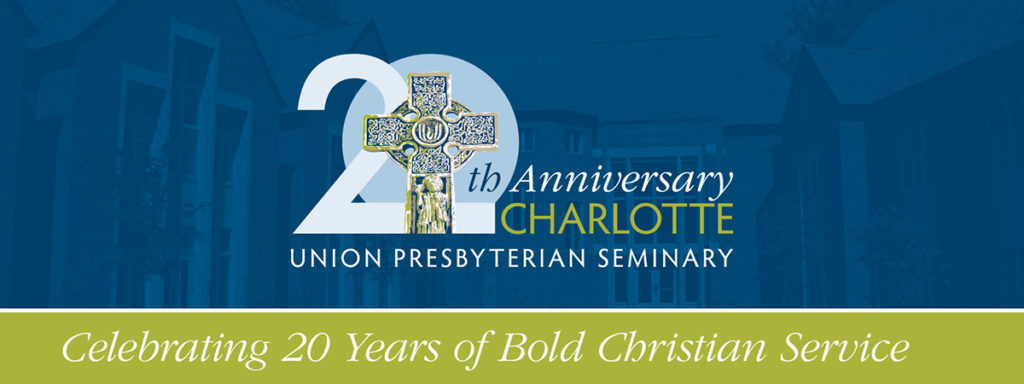Started UPSem 2005: Rev. Noe Juarez-Loayza (MDiv 2010)

The following is part of a series of 20 profiles that represent each year that Charlotte has been enrolling students.
Director of Intercultural Education
The Puriyninchik Association
Covadonga, Peru
Born in Peru and proudly connected to his Quechua indigenous community, Rev. Noe Juarez- Loayza (MDiv 2010) moved to the United States in 2003 to live near his wife’s family. Laurie Camp Loayza, also a Union Presbyterian Seminary graduate, is from Greensboro, North Carolina. Before emigrating to the US, Juarez-Loayza was a teacher in Moyobamba, Peru. Once in Greensboro, Juarez-Loayza served as the Director of Latino Ministries at First Presbyterian Church, Greensboro. After a few years of working at First Greensboro, he enrolled in seminary at UPSem Charlotte.
Now an ordained PC(USA) pastor, Juarez-Loayza’s decision to enroll in seminary was not unexpected. He said, “Since a young age, I pondered theological training. When I started working as Director of Latino Ministries, I saw the need for Biblical and leadership training that would equip and give me resources to serve the church and the community better.” Juarez-Loayza found having a seminary located in Charlotte, its educational format and delivery, and his desire to pursue a call to ministry well suited to his needs. “UPSem Charlotte was a perfect match for me to work and go to school at the same time.” Not only did the format and delivery help Juarez-Loayza pursue his calling, but the campus’s sense of community engendered by the faculty and staff added to a successful experience. Along with the convenience and community, he appreciated the deep passion the campus inspires for rigorous intellectual investigation married to an exploration of faith through literature, music, poetry, and mission. In fact, engaged mission is at the heart of what Juarez-Loayza understands his own vocation to be: “I always felt like my calling is in the community, places where church ministries intersect with the community.”
After graduation, he continued his efforts to link the witness of the church with work in the community. First, he completed a Clinical Pastoral Education residency at Duke University Hospital. Then, he took a call at a multicultural church in Fort Lauderdale, Florida. Until recently, he was the pastor for mission and family ministries at Highland Presbyterian Church in Lancaster, Pennsylvania. After nearly two decades in the US, Juarez-Loayza and his family returned to his home country where he is now the Director of Intercultural Education at The Puriyninchik Association. He delights in this new work because it is another tangible expression of his sense of call, i.e., as a bridge between the work of the church and the needs of the world. He added, “I am enjoying my new calling because it gives me the opportunity to empower children and youth by providing them access to quality books and offers leadership training to young adults to serve in the community.” It is this practical example of calling that Juarez- Loayza feels the UPSem Charlotte excels in developing. Charlotte students are directly engaged with their communities while in seminary because they are full-time citizens while part-time students. This provides the opportunity for the seminary’s deep theological training to produce community-minded practitioners.









